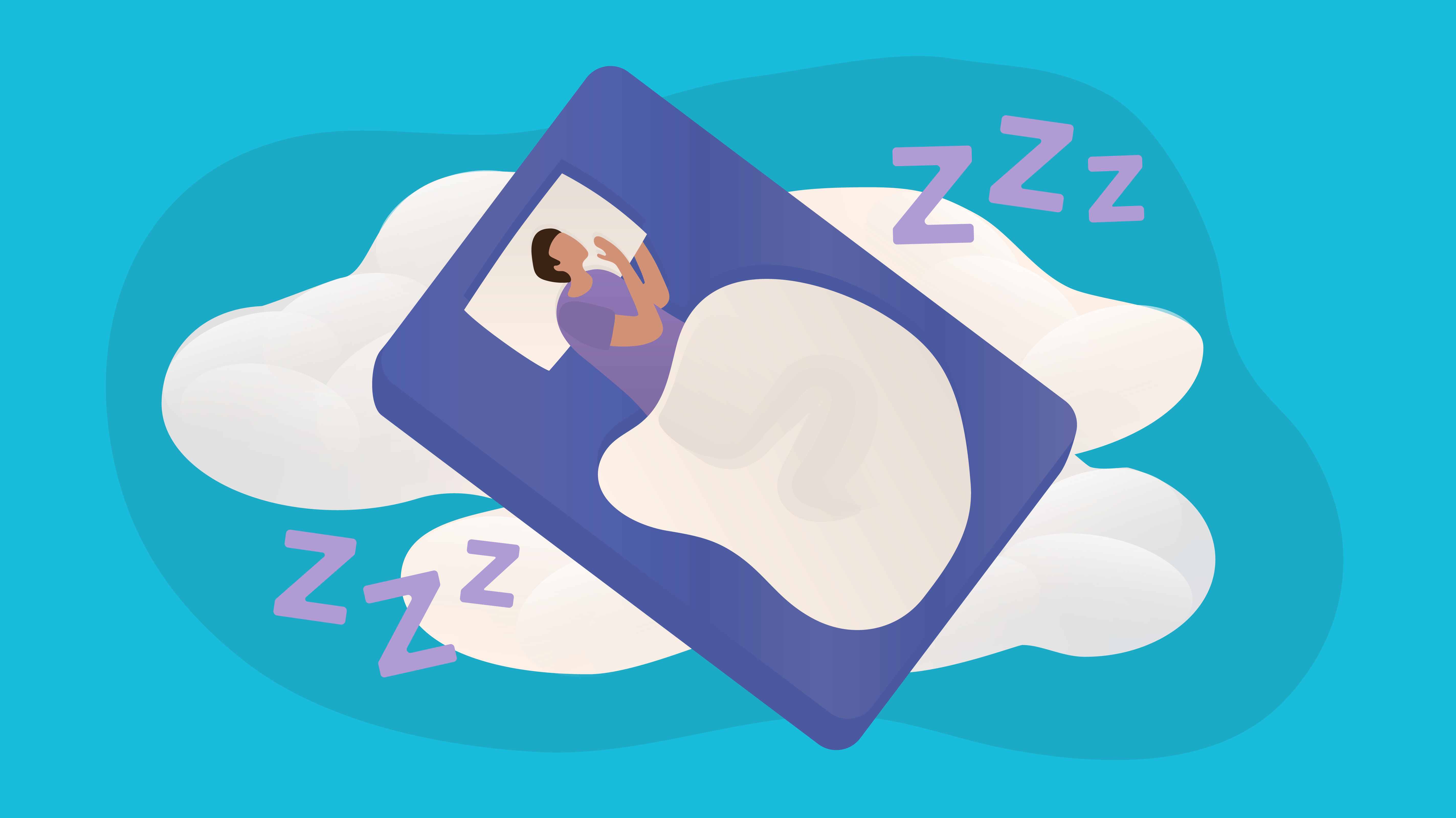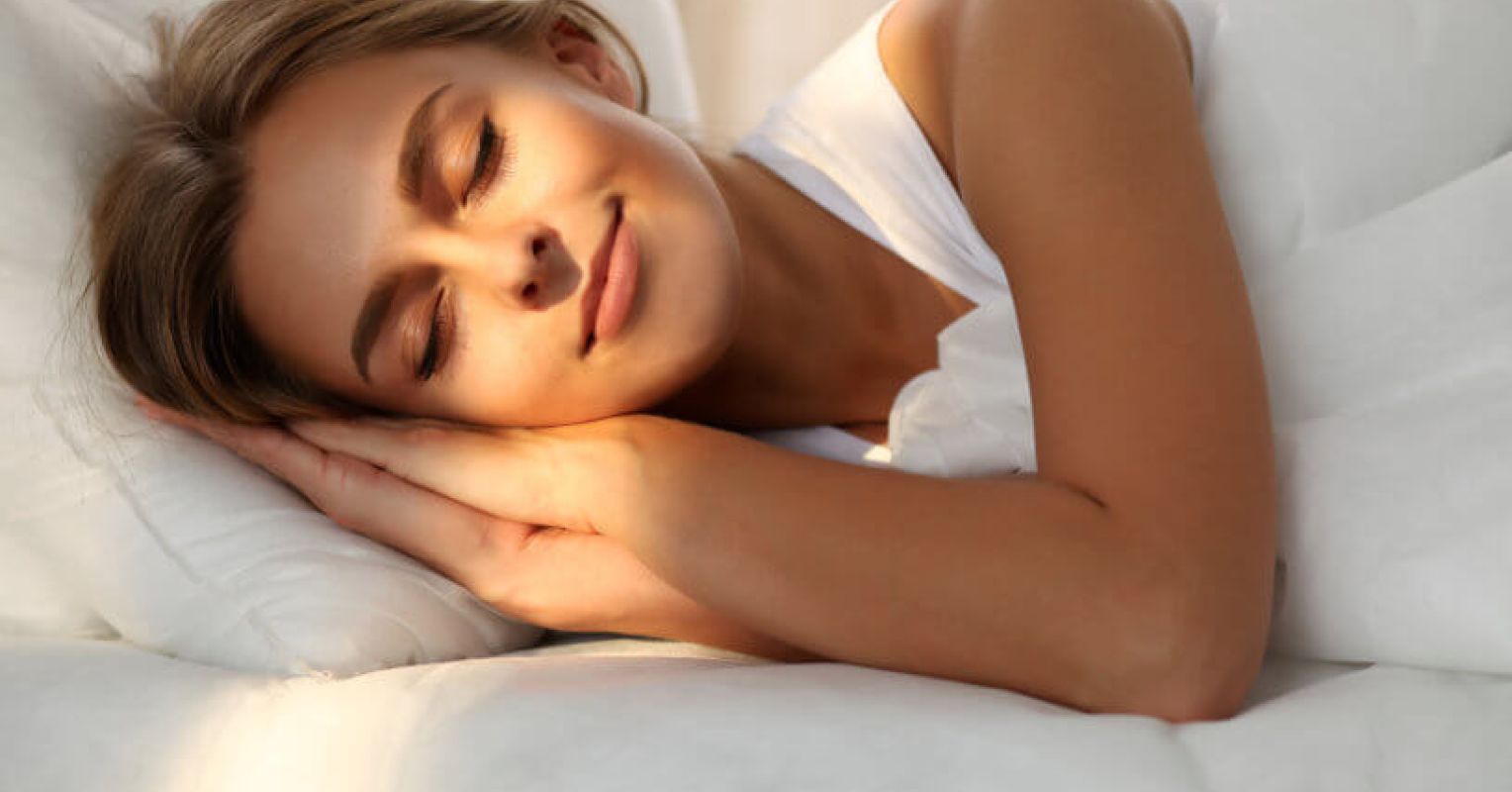Sleep Deprivation Help - Overcome Fatigue and Improve Wellness
Effective Treatment Solutions for Taking Care Of Rest Disorders and Enhancing Peaceful Sleep
In the world of healthcare, the monitoring of sleep disorders and the quest for peaceful sleep are crucial parts of general wellness. As we browse the detailed landscape of sleep disorders and look for to improve our rest experience, a deeper understanding of these therapy services might hold the key to opening a much more rejuvenating and fulfilling corrective trip.
Cognitive Behavior Therapy for Sleeping Disorders (CBT-I)
Cognitive Behavior Modification for Sleeping Disorders (CBT-I) is an organized, evidence-based therapy strategy that concentrates on resolving the hidden factors contributing to sleep disturbances. This kind of therapy intends to change actions and thoughts that aggravate sleeping disorders, eventually advertising healthy and balanced sleep patterns. CBT-I commonly involves several crucial elements, including cognitive therapy, rest limitation, stimulation control, and rest hygiene education and learning.
Cognitive therapy aids individuals determine and transform adverse thought patterns and ideas concerning sleep that might be impeding their ability to fall or stay asleep. Rest constraint entails limiting the amount of time invested in bed to match the individual's real sleep period, thereby raising rest effectiveness (insomnia counseling). Stimulation control methods help establish a strong association between the bed and sleep by encouraging individuals to head to bed only when sleepy and to prevent participating in stimulating activities in bed
In addition, rest hygiene education and learning concentrates on establishing healthy and balanced sleep routines, such as keeping a consistent sleep timetable, developing a relaxing bedtime routine, and enhancing the sleep setting. By addressing these variables thoroughly, CBT-I provides a reliable non-pharmacological intervention for taking care of sleeping disorders and boosting total sleep high quality.
Rest Hygiene Practices
Having established the structure of cognitive restructuring and behavioral alterations in resolving sleeplessness with Cognitive Behavioral Treatment for Sleeping Disorders (CBT-I), the emphasis now moves in the direction of discovering necessary Rest Hygiene Practices for maintaining optimum sleep high quality and overall wellness.
Sleep health practices incorporate a variety of practices and environmental variables that can significantly impact one's capacity to drop asleep and remain asleep throughout the evening. Consistent rest and wake times, developing a relaxing bedtime routine, and enhancing the rest environment by keeping it dark, silent, and cool are essential parts of great rest health. Restricting exposure to screens before bedtime, preventing energizers like high levels of caffeine near bedtime, and participating in routine exercise throughout the day can also promote far better rest high quality.
In addition, practicing relaxation strategies such as deep breathing exercises or reflection prior to bed can help relax the mind and prepare the body for rest. By integrating these sleep hygiene techniques into one's day-to-day routine, individuals can develop a healthy sleep pattern that supports relaxing sleep and total well-being.
Leisure Strategies and Mindfulness
Executing relaxation methods and mindfulness techniques can play a critical duty in cultivating a feeling of calmness and promoting quality sleep. cognitive behavioral therapy for insomnia (CBT-I). These techniques intend to peaceful the mind, minimize tension, and develop an ideal environment for relaxed sleep. One widely practiced technique is deep breathing exercises, where people concentrate on slow, deep breaths to loosen up the mind and body. Dynamic muscular tissue relaxation includes tensing and then launching each muscle mass group, advertising physical leisure. Furthermore, directed images can help transfer people to a serene area in their minds, helping in stress and anxiety decrease and boosting sleep high quality.
By incorporating these techniques right into a going to bed regimen, individuals can indicate to their bodies that it is time to prepare and unwind for sleep. In general, integrating leisure techniques and mindfulness practices can severe snoring considerably contribute to managing sleep disorders and improving total sleep quality.

Medicine Options for Sleep Disorders
After checking out leisure methods and mindfulness techniques as non-pharmacological interventions for boosting sleep top quality, it is vital to take into consideration medication choices for people with sleep disorders. In cases where way of living adjustments and therapy do not give sufficient relief, medication can be an important device in handling sleep disruptions.
Typically recommended medicines for rest disorders include benzodiazepines, non-benzodiazepine hypnotics, antidepressants, and melatonin receptor agonists. Benzodiazepines, such as diazepam, are sedatives that can assist cause rest, yet they are normally advised for temporary usage due to the risk of dependence. Non-benzodiazepine hypnotics like zolpidem are also made use of to treat sleep problems and have a reduced danger of dependancy compared to benzodiazepines. Antidepressants, such as trazodone, can be advantageous for individuals with co-occurring depression and rest disturbances. Melatonin receptor agonists, like ramelteon, target the body's natural sleep-wake cycle and can be practical for controling sleep patterns.
It is crucial for individuals to talk to a doctor to establish the most ideal drug option based on their specific sleep problem and clinical history.
Light Treatment for Circadian Rhythm Policy
Light therapy, likewise called phototherapy, is a non-invasive treatment approach utilized to control body clocks and boost sleep-wake cycles. This therapy entails exposure to brilliant light that resembles all-natural find out this here sunshine, which helps to reset the body's inner clock. By revealing people to particular wavelengths of click to read more light, commonly in the morning or evening depending on the preferred impact, light therapy can effectively readjust the body clock to advertise wakefulness during the day and improve restful rest in the evening.
Research has actually revealed that light treatment can be specifically advantageous for individuals with body clock disorders, such as delayed rest stage disorder or jet lag. It can additionally be valuable for those experiencing seasonal affective condition (SAD), a kind of anxiety that typically occurs throughout the cold weather when all-natural light exposure is decreased. Light treatment is generally well-tolerated and can be made use of together with various other treatment approaches for rest conditions to maximize outcomes and improve overall sleep quality.
Verdict
In verdict, reliable treatment options for handling rest disorders and boosting relaxing rest include Cognitive Behavioral Therapy for Insomnia (CBT-I), rest health methods, relaxation techniques and mindfulness, drug options, and light treatment for body clock law. These techniques can assist individuals improve their rest top quality and total wellness. It is necessary to speak with a doctor to determine the most suitable technique for attending to sleep issues.
As we navigate the elaborate landscape of sleep disorders and look for to boost our rest experience, a deeper understanding of these therapy options may hold the trick to unlocking a more refreshing and satisfying restorative trip.
Sleep constraint entails restricting the amount of time invested in bed to match the person's actual sleep duration, therefore enhancing rest effectiveness. Regular rest and wake times, creating a relaxing going to bed routine, and maximizing the rest atmosphere by maintaining it dark, peaceful, and cool are vital parts of good rest hygiene. Light therapy is generally well-tolerated and can be utilized in combination with other therapy techniques for rest conditions to maximize results and enhance general rest high quality.
